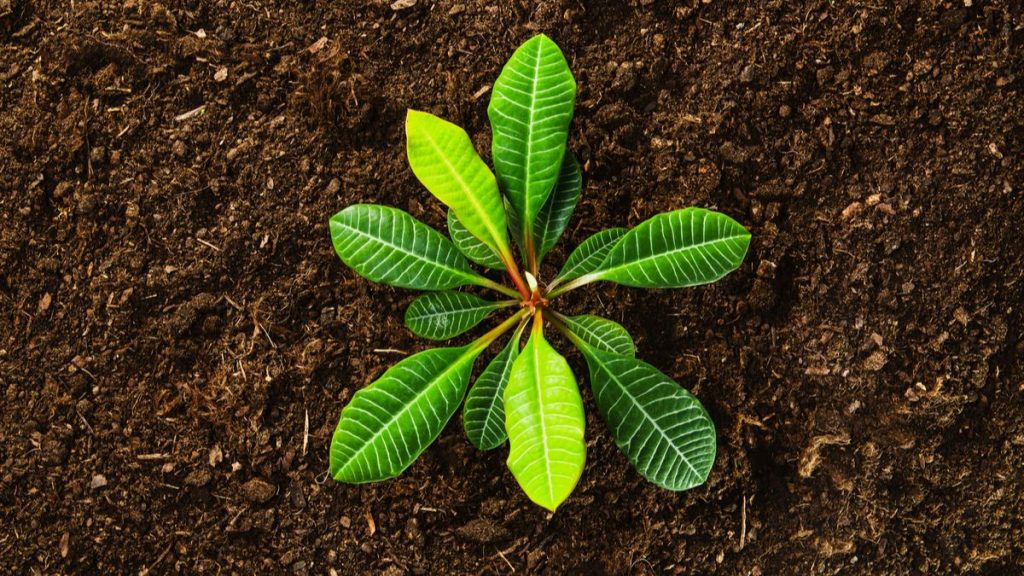Researchers at the University of Western Australia have discovered a previously unknown plant process that gives meaning to the “secret decisions” plants make when they release carbon into the atmosphere.
A “thoughtful” consumption
Green plants synthesize organic matter using light energy, absorbing carbon dioxide from the air and releasing oxygen. During this process, called photosynthesis, it produces sugar or sucrose, generally in excess: part is stored and the other degraded.
This “ citric acid cycle is just as important for life. Sucrose, which has twelve carbon atoms, is successively broken down into glucose (6 carbon atoms), then into pyruvate (which has 3). It turns out that the use of the latter as a source of energy generates ” carbon waste ”, indicating a previously unknown plant decision-making process.
” We found that plants control their respiration in unexpected ways, choosing how much carbon from photosynthesis they keep to build biomass using a metabolic channel “, Explain Harvey Millar, co-author of the new study. ” This happens just before the step before the decision to burn a compound called pyruvate to produce and release CO2 into the atmosphere. »

” You can consume it and release CO2, or use it to make phospholipids, stored vegetable oils, amino acids, and other things you need to create biomass. »
A decision-making power that seems to break the basic rules of biochemistry
Detailed in the review Nature Plantsthis discovery came as the team of Xuyen Le studied a well-known plant organism: the lady’s cress (Arabidopsis thaliana). In order to follow its evolution during the citric acid cycle, the scientists labeled pyruvate with C13 (an isotope of carbon), and found that it was used differently by the plant, depending on the sources it came from.
According Millarthis ability of plants to choose to release it or keep it for other uses seems to violate the basic rules of biochemistry, where each reaction is a competition and the processes do not control the destination of the product.
Encourage plants to store more CO2
Although plants represent reserves of CO2 crucial (forests alone store about 400 gigatonnes of carbon), the carbon dioxide molecules taken up by plants are not all conserved. It is estimated that about 50% of it is released into the atmosphere.
” The ability to tweak this new biochemical process to cause plants to store extra carbon dioxide could be an intriguing way to tackle climate change. », concludes Millar.
[related_posts_by_tax taxonomies=”post_tag”]
The post Plants make ‘secret’ decisions about how much CO2 they release appeared first on Gamingsym.

